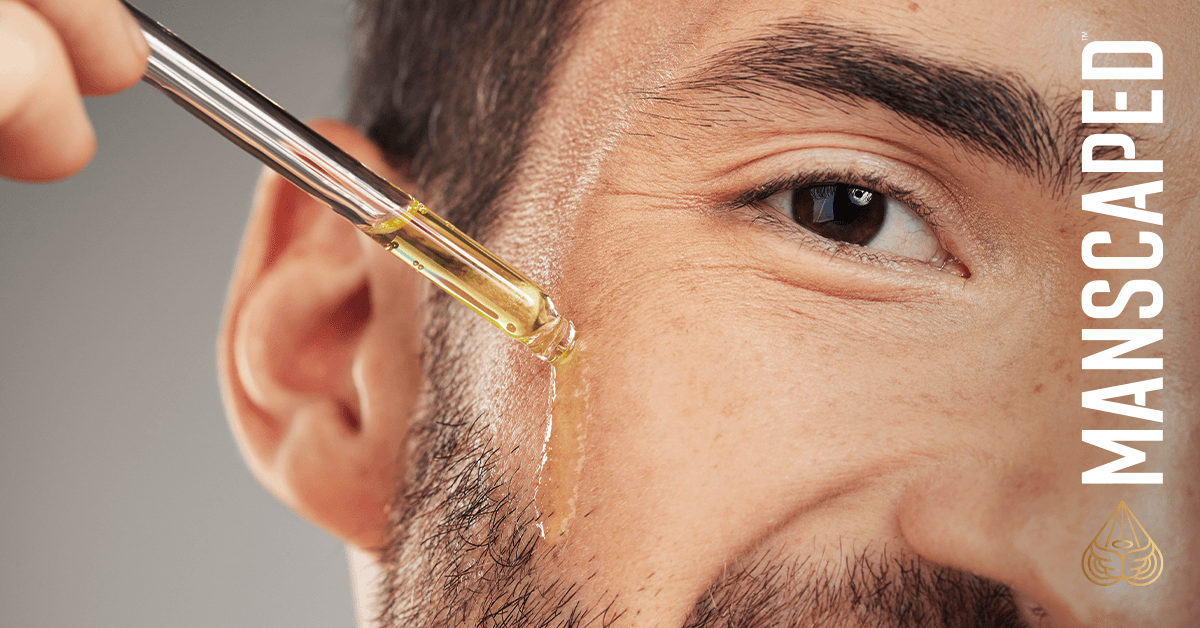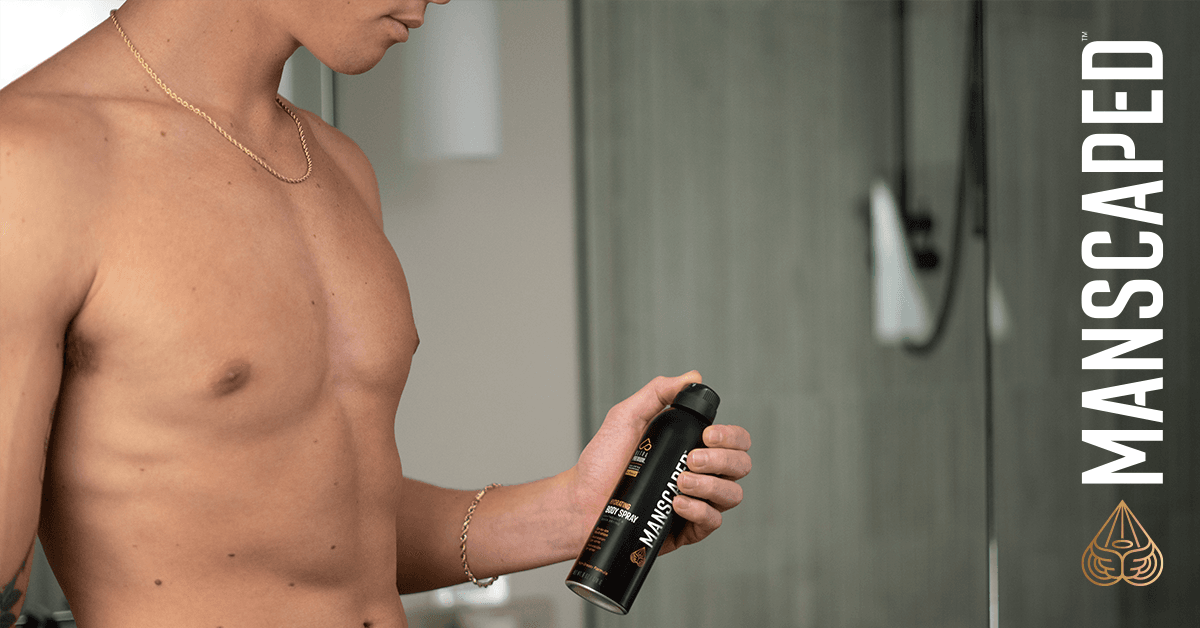
When you’re trying to take good care of yourself, you can quickly find that there is too much information out there to sift through it all. Google is nice, but sometimes, it leads to information overload.
How are you supposed to pick skincare products or figure out which techniques are really going to keep you looking younger and healthier?
It’s a lot, and that’s why we want to make things easier by talking about hygiene and self-care resources in simple terms.
Let’s look at single ideas and how they work. We’re doing this one at a time, and today, we’re talking about tea tree oil.
What is tea tree oil?
Specifically, tea tree oil is an essential oil that you can extract from the leaves of an Australian tea tree. As an essential oil, it has a lot of uses and is found in many products. We’ll get into all of that, but the key point right here is that tea tree oil is entirely natural. This is not a lab-created alternative to natural oil. We’re talking about the stuff that comes out of naturally growing tea tree leaves.

Where will you find it?
Aside from nature, you’ll find that tea tree oil is used in a lot of products. In fact, multiple MANSCAPED® formulas include tea tree oil, including Crop Gel shaving gel for soothing inflammation, and our Foot Duster, our cooling, deodorizing foot spray. That’s because tea tree oil is one of the best ingredients in skincare, and it’s extremely gentle.
What does it do?
Tea tree oil can do a lot of things, but when it comes to how it interacts with your skin, there are really two specific relationships that matter. Tea tree oil may help relieve inflamed skin, helping to reduce inflammation and redness.
The second thing tea tree oil does is fight microbes and help acne. We’ll talk about some of them more specifically in a bit.
Are there downsides?
We use tea tree oil in multiple products. Obviously, we’re fans of the stuff, and we are going to show you some powerful benefits.
But, we also believe in honesty and providing good information to people. That’s why we want to talk about how tea tree oil can actually be bad in some cases.
For the most part, it’s a gentle, natural ingredient that is good for your skin. There are two exceptions to this — and really, they’re kind of two versions of the same exception.
If you have an allergy or intolerance to tea tree oil, then it can cause unwanted problems for you. Like with any allergic reaction, tea tree oil allergies and intolerances can lead to redness in your skin, stinging, itching, allergic rash, burning, or dryness.
This is uncommon, but every person is different, and tea tree oil allergies and intolerances do exist.
If your skin reacts poorly to tea tree oil, stop using it immediately. Wash the affected skin, and if necessary, use antihistamines to reduce the reaction.If the reaction seems severe, go to the doctor. Again, these reactions are not the norm, but just in case, we want you to be prepared.

What are the benefits of tea tree oil?
Assuming you aren’t allergic to tea tree oil, then applying it to your skin can do a lot of good. You already know the gist of how it interacts with your body. These are some of the positive outcomes you can expect from those interactions.
General skin health
Tea tree oil is not a magic bullet. It won’t make you immune to sunburn or acne, but it can help with certain things.
Athlete's Foot protection
We keep talking about antimicrobial benefits. Well, here’s a specific example. Tea tree oil is often used to help Athlete’s Foot, which is why you’ll often find it in foot care products.
Dealing with lice
Hopefully, you don't have a lice problem. But if it does come up, tea tree oil is a good weapon against those nasty things. It seems that lice are more into coffee after all, and the application of tea tree oil can help combat lice, even preventing infestations.
Managing dandruff
You might know that dandruff is dry skin. Tea tree oil helps moisturize skin. It’s a pretty easy math problem. Tea tree oil can manage and prevent dandruff (on all parts of your body).
Healing your skin
This might be the coolest property of the oil. It can actually help your skin heal from cuts and scrapes.
You don’t want to put the oil on an open wound. That might sting a bit. But, once the wound is closed, you can apply tea tree oil to help it recover faster. You would use it similarly to Neosporin. In fact, you can almost think of tea tree oil as nature’s Neosporin.
12.09.22
Share

Featured Articles
- Your Favorite Ball Deodorant. Now with a New Scent: Perservere.MANSCAPED® + TCS for Testicular Cancer Awareness MonthIntroducing The Lawn Mower® 5.0 Ultra TCS Special Edition and TCS Ball Hero BundleThe Dome Shaver™ Pro vs. The Dome Shaver™ Plus: Which Should You Choose?The Chairman™ Pro vs. The Chairman™ Plus: Which Should You Choose?



